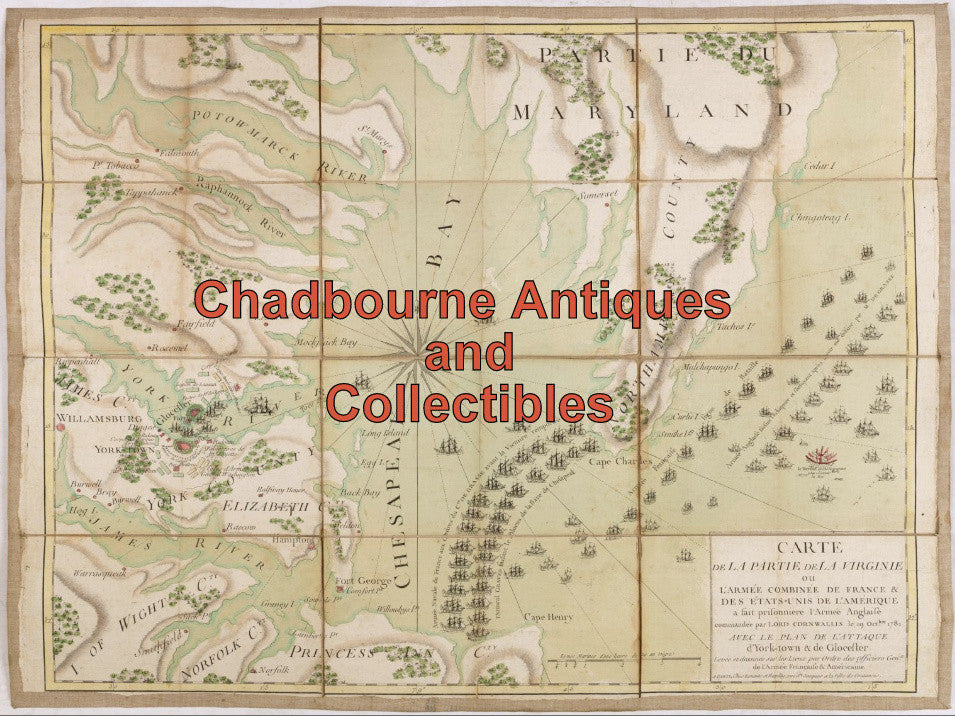$110.00 CAD
| /
Long and interesting pre-Confederation letter from Pastor William Sommerville of Horton N.S. to MP George Renny Young MPP, giving him his opinion on religion in schools.
Addressed to "Geo R. Young Esq. MPP Halifax".
Handwriting difficult to decipher.
Patriot must be to put means in ---for the direction of the public mind means of course independent of Legislature interference....
Wm Sommerville
3 postmarks: black ‘HALIFAX MR 14 1845 NOVA SCOTIA’, red ‘HALIFAX PAID---’ and red ‘—ILLE MA14 1845 N.S.’ (Woodville). Handwritten postal rate ‘7’.
Hole where seal ripped. Small bits of paper missing top of one page. some text missing.
4 pages; 3 with text, last page with address.
30.50 x 19 cm
YOUNG, GEORGE RENNY, lawyer, newspaperman, author, and politician; b. 4 July 1802 in Falkirk, Scotland, d. 30 June 1853 in Halifax.
Young entered active politics in 1843 by being elected to the assembly for Pictou County and quickly became a potent spokesman for the reformers. In 1845 a reporter, hearing Young’s speech condemning Lieutenant Governor Lord Falkland [Cary*] for making public certain dispatches unfavourable to Howe, wrote: “We have heard a good many speeches in our time, but one possessing more vigour and hard home thrusts we never heard.” In 1846 the Halifax and Quebec Railway became Young’s chief concern and it was to have a major effect upon the rest of his life. When the project was first proposed to him in Britain in 1845, he had thought it “in advance of the age,” but a subsequent visit to the Province of Canada and New Brunswick as well as an examination of the statistical information convinced him of its feasibility, and apparently he became the first prominent British North American to press for it energetically.
http://www.biographi.ca/en/bio/
William Sommerville
William Sommerville was born in Ballyroney, County Down, Ireland, July 1, 1800. He studied classics and graduated with honors from the University of Glasgow, Scotland, in 1820. He was licensed by the Southern Presbytery, Ireland, in 1826. He was ordained sine titulo by the Southern Presbytery, Ireland, May 31, 1831, as a missionary to the British North American provinces (now Canada) and sailed for St. John, New Brunswick, in August of that year. There he labored amongst scattered Presbyterians until a congregation of Covenanters was organized in 1833. Sommerville labored for 47 years as a missionary. In 1835, he was installed as pastor of the united congregations of Horton and Cornwallis, Nova Scotia. He was noted for his controversies with the Baptists and hymn-singers, writing several pieces on both subjects.
https://www.covenanter.org/reformed
